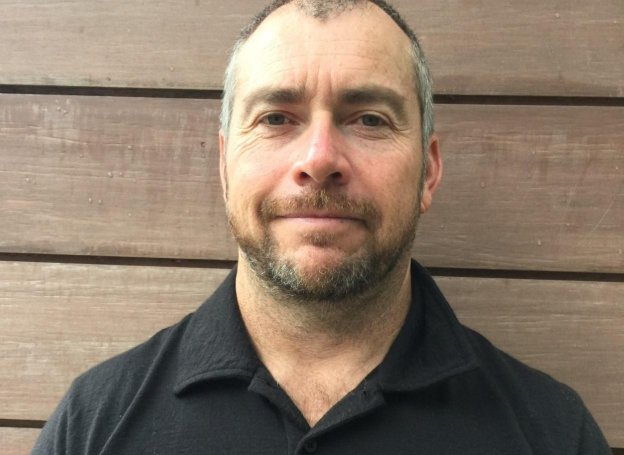Anabolic steroids have become one of the most demonized drugs in both sports and society. It is no surprise that bodybuilders who use steroids and performance- and image-enhancing drugs (PIEDs) are marginalized in society. This is most evident when it comes to healthcare.
Most steroid users are highly concerned about their health and seek to take the necessary steps to minimize any harm that may result from the use of bodybuilding drugs. They would love to have a doctor willing to supervise and monitor their health while using steroids. After all, since they are going to use steroids any way, wouldn’t any responsible medical doctor be obliged to help these patients minimize harm?
Dr. Michael Jamieson, the President of the Australasian College of Sports Physicians, doesn’t think so. He is adamantly opposed to the medical supervision and monitoring of non-medical users of anabolic steroids.
Jamieson believes the illegal and non-medical use of anabolic steroids is simply too risky. He is convinced that the unsafe injecting practice, the supposed cancer-causing potential, the dubious quality of black market steroid products and the high dosages used by bodybuilders all make it impossible to protect the health of patients using steroids.
“No matter what amount of quasi or pseudo medical supervision is conducted, you cannot remove safely those risks,” Jamieson said.
Jamieson even goes so far as to ridicule and patronize those doctors who try to help steroid-using bodybuilders. He “feels sorry for the doctors aiding and abetting the process”.
“The hospital system really shouldn’t have to be coping with this self-induced non-medical use of these drugs and, generally speaking, most ethical GPs, sports physicians … unanimously would say they do not believe in the use of PIEDs for recreational or non-recreational purposes,” according to Jamieson.
Jamieson understands why doctors may be conflicted and even pressured into helping steroid users. Yet, he thinks they are making a big mistake. Doctors should simply refuse to treat steroid users. Instead, he thinks they should refer all steroid users to addiction specialists. Apparently, the non-medical use of anabolic steroids can only be due to a mental or psychological disorder such as addiction or body dysmorphia.
“Whether or not they have a chemical addiction, they definitely have a psychological addiction,” Jamieson said.
Fortunately, not all physicians are determined to make bodybuilders suffer unnecessary medical consequences arising from their use of steroids. The question of whether the non-medical use of steroids can be done safely is open for debate. However, in spite of Dr. Jamieson’s proclamations to the contrary, there are medical strategies and interventions that can be done to greatly reduce the negative consequences of steroid use.
Harm reduction may be a foreign concept to Dr. Jamieson. But there are many medical professionals who have embraced harm reduction as an effective way to minimize, if not eliminate, the associated risks. Harm reduction strategies such as regular monitoring of blood and physiological parameters can identify health problems that either arise from steroid use or may predispose users to increased risks. For example, doctors can monitor important health variables such as blood pressure, cholesterol levels, triglycerides, estradiol levels, and endocrine function. Steps can be taken to treat hypertension and problematic lipid levels.
Side effects associated with steroids can be prevented. Steroid users don’t need to suffer from the consequences of elevated estradiol (E2) such as gynecomastia; this can be entirely avoided with the use of aromatase inhibitors (AIs) such as anastrozole and letrozole and selective estrogen receptor modulators (SERMs). The anabolic steroid induced hypogonadism (ASIH) associated with steroid use can be treated with ASIH therapy (post cycle therapy) to restore natural (endogenous) testosterone production as quickly as possible following the discontinuation of a steroid cycle.
Doctors may not be able to eliminate all risks. But they can definitely improve the safety and well-being of the steroid-using community if they are motivated to do so.
If you come across a doctor like Dr. Michael Jamieson, run as fast as you can. Not all physicians are such bad doctors.

